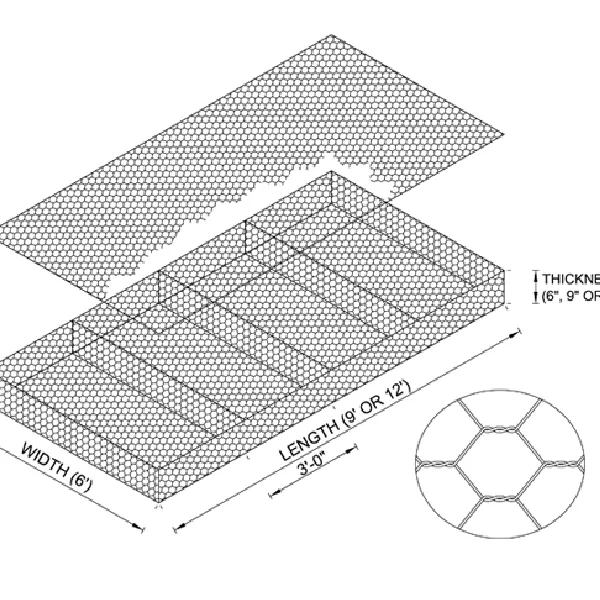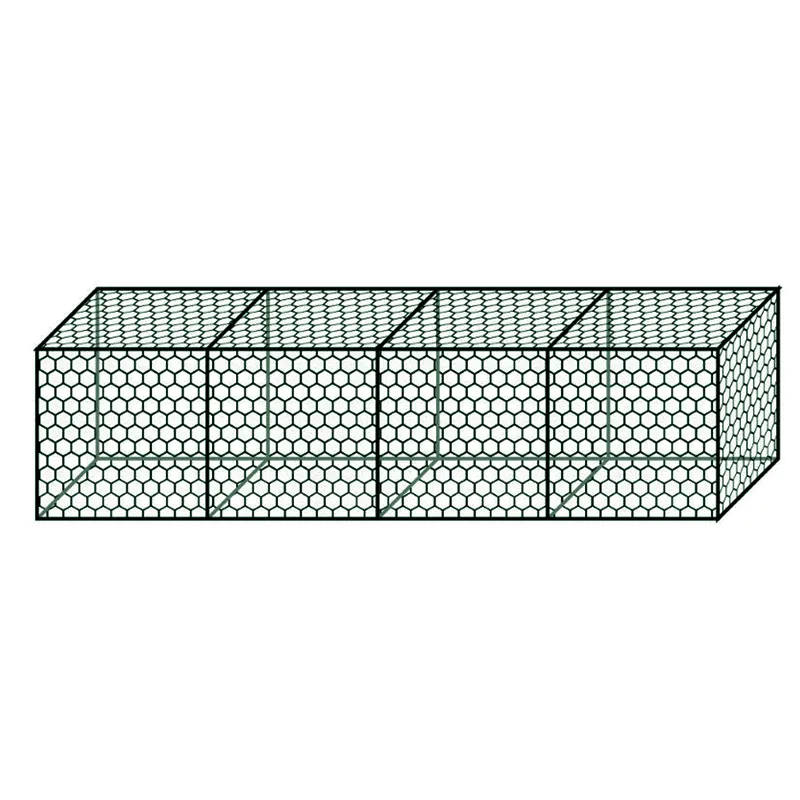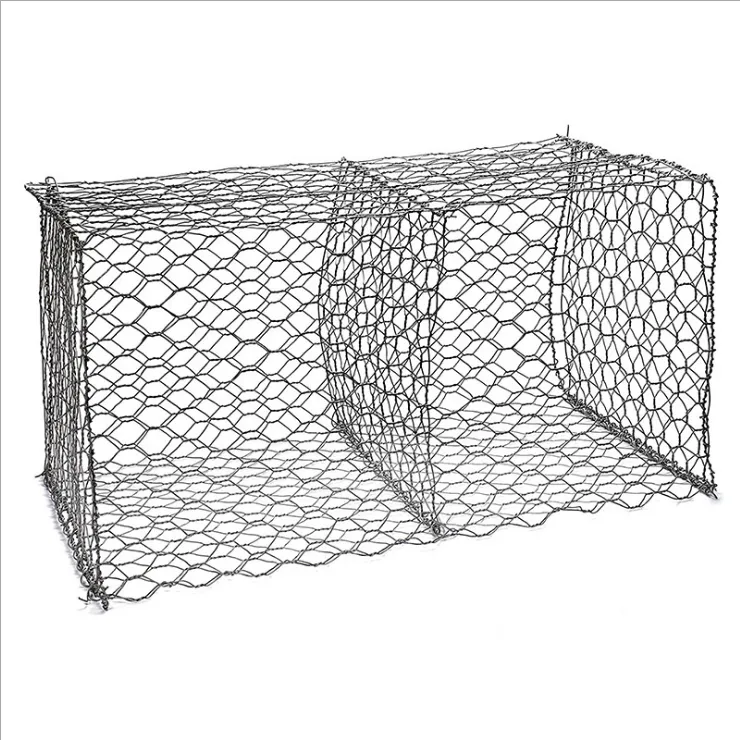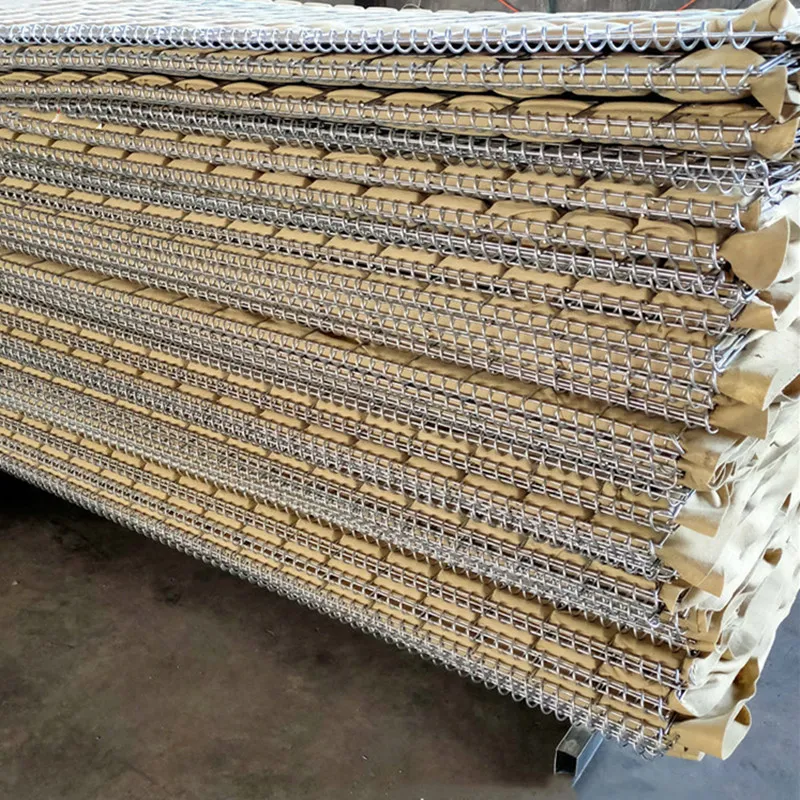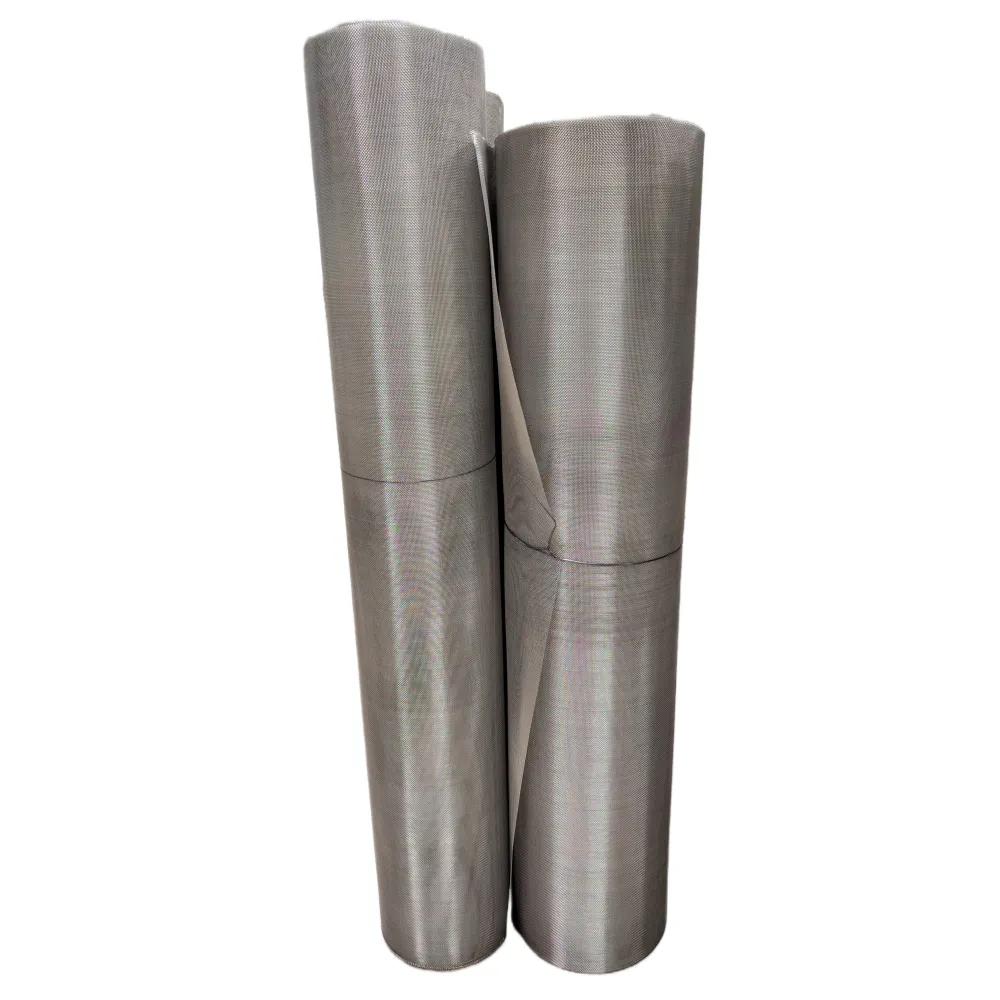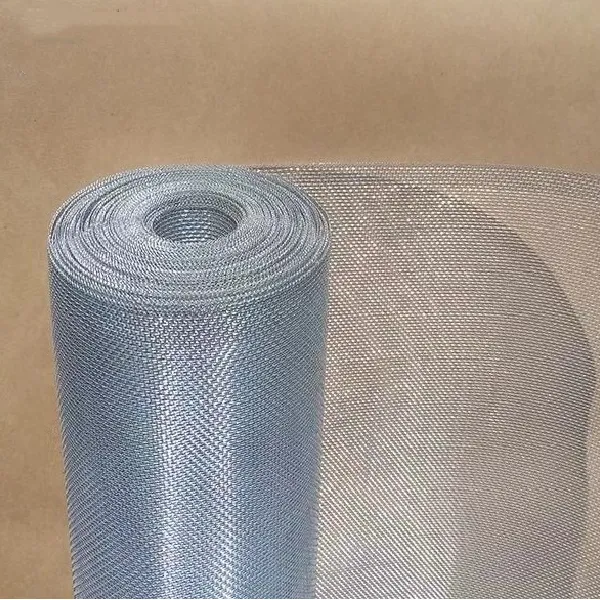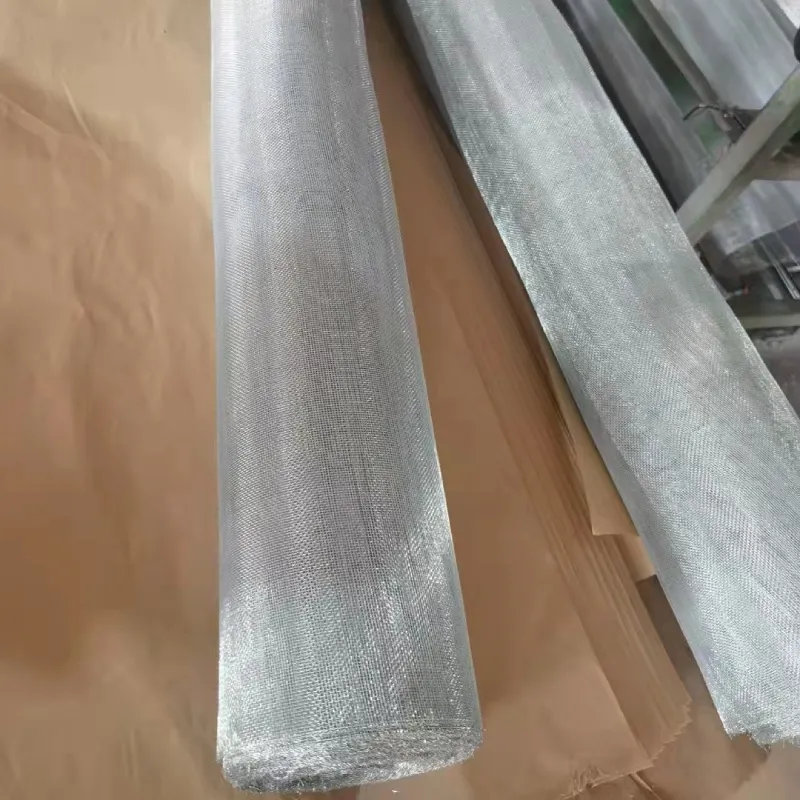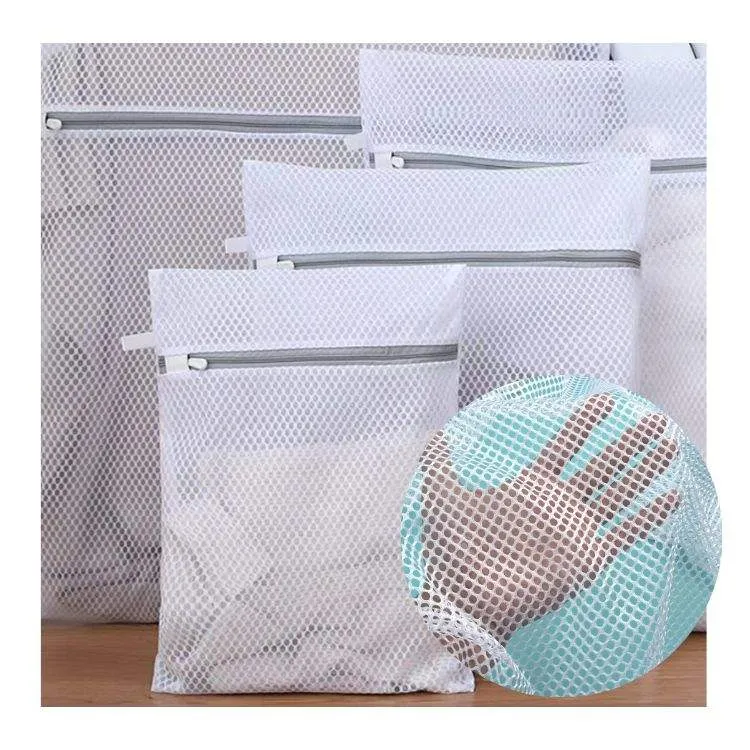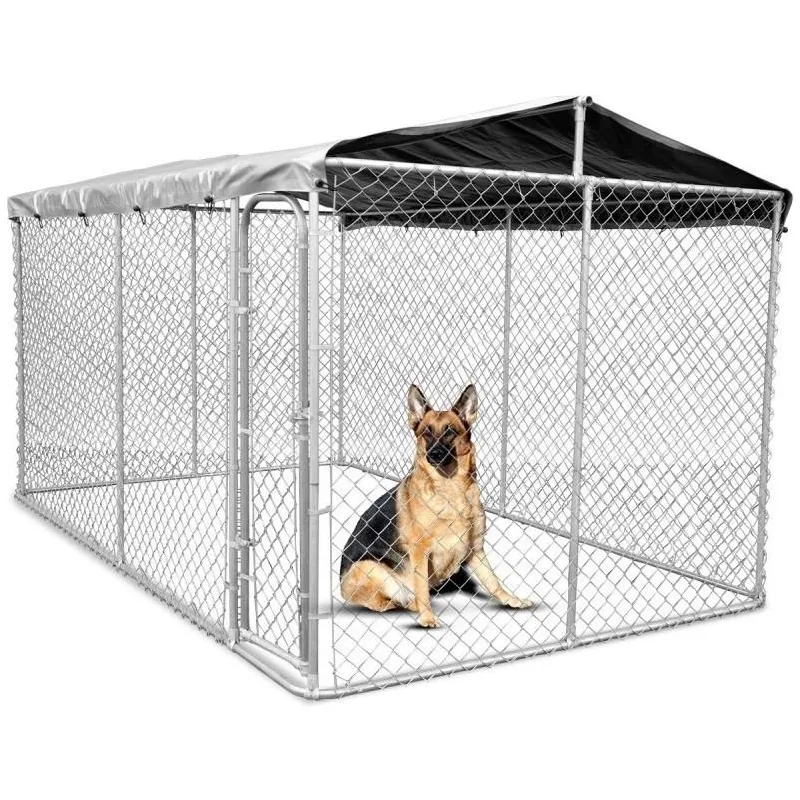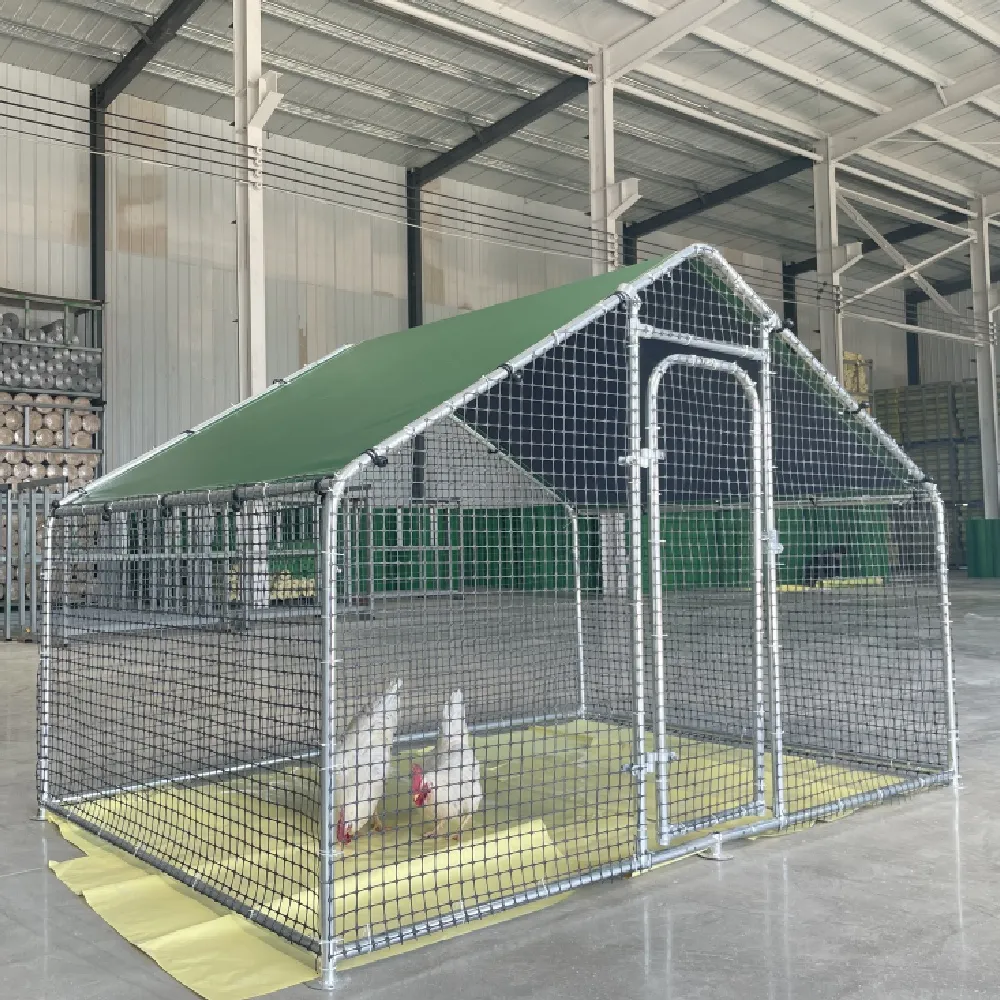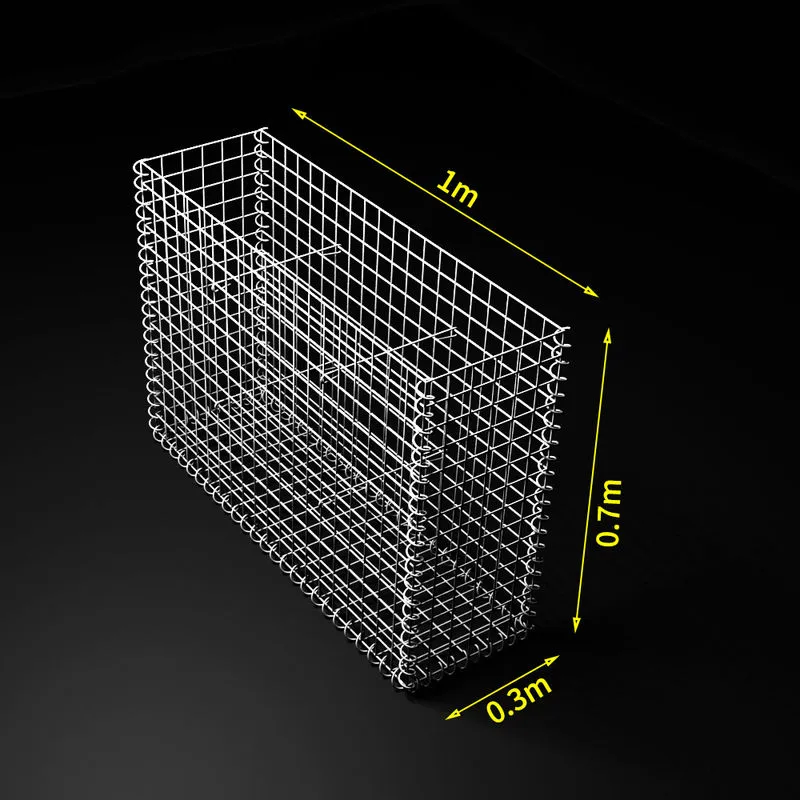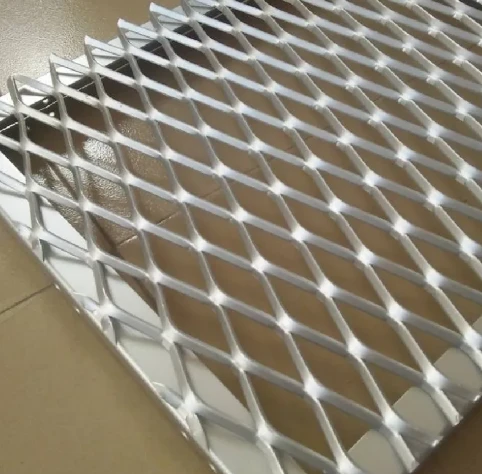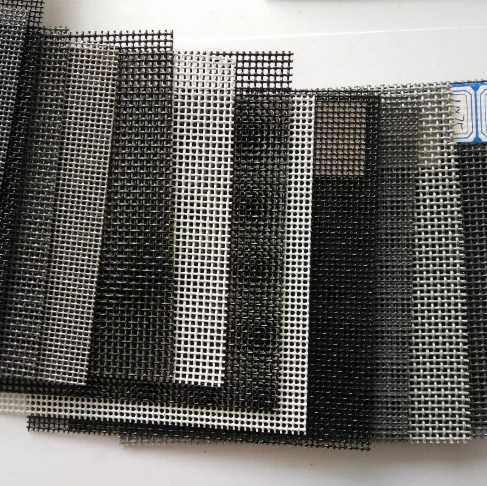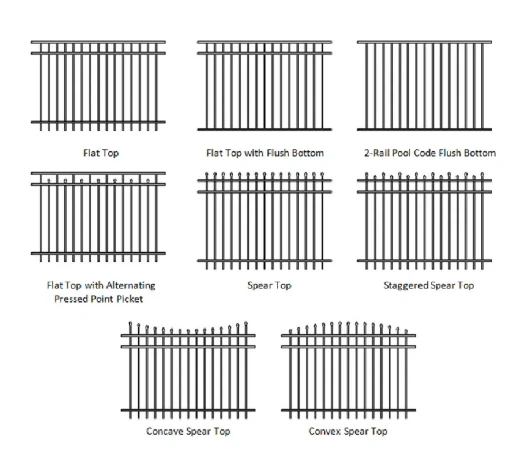Types of Wire Mesh Fencing A Comprehensive Guide
Wire mesh fencing is an essential part of security and boundary establishment in various settings including residential, commercial, and agricultural properties. Its versatility, durability, and ease of installation make it a popular choice for many. This article will delve into the different types of wire mesh fencing, their features, applications, and benefits.
1. Chain Link Fencing
Chain link fencing is one of the most recognized and widely used types of wire mesh fencing. It consists of galvanized steel wire woven in a diamond pattern, providing a see-through barrier for properties. This type of fencing is highly durable and resistant to rust, making it suitable for outdoor use.
Chain link fences are often used in residential yards, schools, parks, and security perimeters for businesses. They are relatively affordable and come in various heights and gauges. Additionally, they can be coated with vinyl in different colors, helping enhance aesthetics while retaining functionality.
2. Welded Wire Fencing
Welded wire fencing is made by welding intersecting steel wires together at each joint, which creates a strong and stable mesh. This type of fencing is available in various grid sizes and wire diameters, allowing for various applications. Welded wire fencing is typically used for animal enclosures, garden fences, and perimeter security due to its enhanced strength compared to traditional chain link.
One key advantage of welded wire fencing is its ability to provide a more secure barrier, making it suitable for containing livestock or protecting gardens from larger pests. Furthermore, the smooth surface of welded wire makes it less likely to snag clothing or fur.
3. Barbed Wire Fencing
Barbed wire fencing consists of twisted strands of wire that feature sharp barbs protruding outward. Commonly used in agricultural settings, this type of fencing serves as an effective deterrent against intruders and animals. Barbed wire is often used in combination with other types of fencing to enhance security, especially along property borders.
types of wire mesh fencing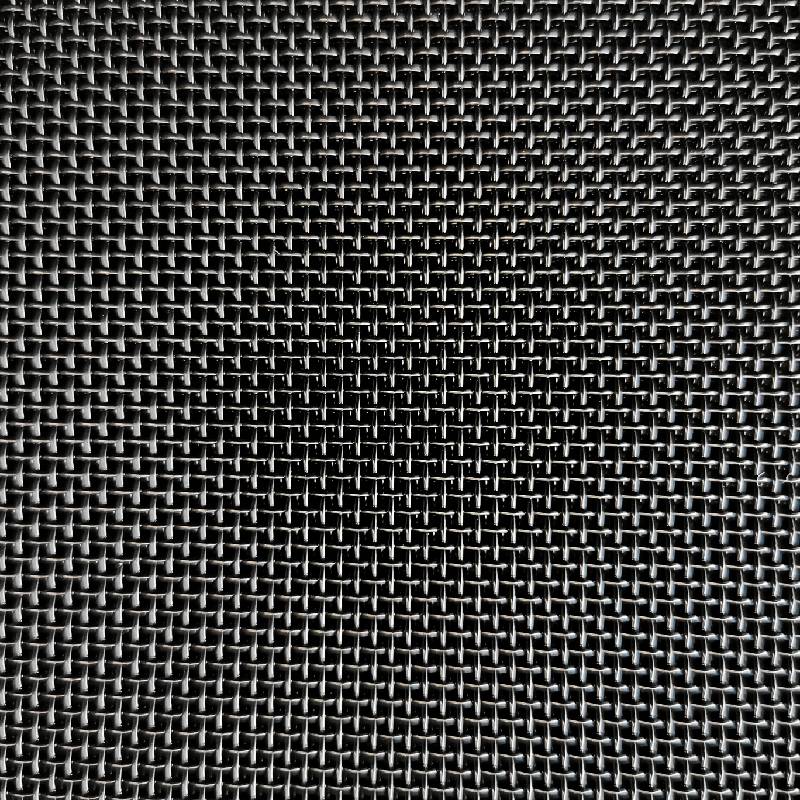
Barbed wire fences are quick to install and require low maintenance, making them an economical option for large expanses of land. However, it is essential to consider local regulations and ethical concerns regarding livestock and wildlife when using barbed wire.
4. Electric Fencing
Electric fencing uses a series of wire strands connected to a power source that delivers a mild electric shock upon contact. This type of fencing is commonly used in agricultural settings to contain livestock and keep predators at bay. Electric fences can be highly effective, as the shock discourages animals from attempting to breach the boundary.
Electric wire fencing is adaptable and can easily be combined with traditional fencing methods for added security. It’s an effective solution when physical barriers alone are insufficient, and it can be installed in various configurations depending on the specific needs of the property owner.
5. Hardware Cloth
Hardware cloth is a versatile wire mesh fencing made from thin steel wires, woven together in a grid pattern. It is typically available in smaller mesh sizes, making it suitable for keeping out smaller pests and critters like rodents and rabbits. Due to its tight mesh, hardware cloth is often used in garden beds, raised planters, and as a protective covering for seedling areas.
This type of fencing is relatively lightweight and easy to handle, making installation a straightforward task. Its flexibility allows it to be shaped to fit various applications, which adds to its utility.
Conclusion
Choosing the right type of wire mesh fencing is crucial for achieving desired security and functionality. With options ranging from chain link and welded wire to barbed wire, electric fencing, and hardware cloth, there's a suitable solution for every need. Whether you are looking to secure a residential area, protect livestock, or create a boundary for gardens, understanding the features and benefits of each type of wire mesh fencing will help ensure successful installation and long-lasting performance. Before finalizing your choice, consider factors such as durability, height, gauge, and specific requirements of your property to make an informed decision.



